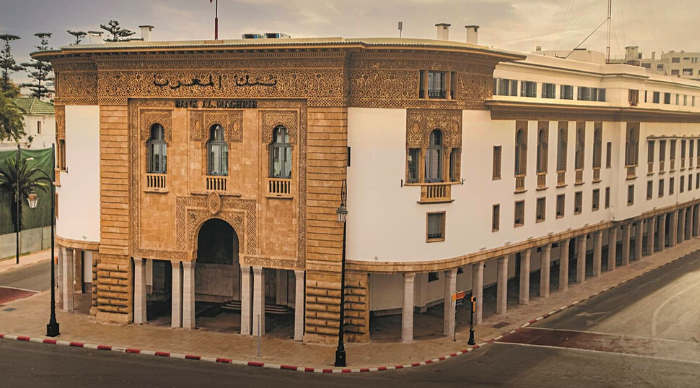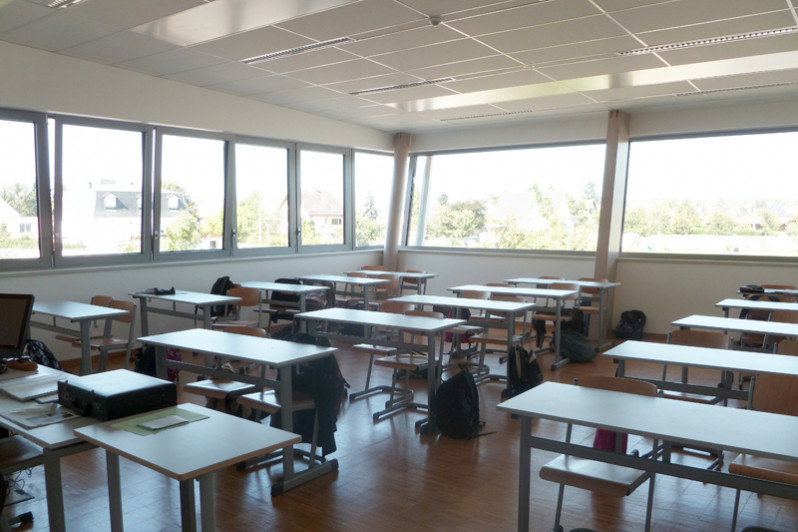 Morocco was elected on Sunday as vice-president of the 14th Congress on Crime Prevention and Criminal Justice, which kicked off in Kyoto, Japan.
Morocco was elected on Sunday as vice-president of the 14th Congress on Crime Prevention and Criminal Justice, which kicked off in Kyoto, Japan.
Participants in the meeting, held in hybrid format, elected, by acclamation, the Japanese minister of Justice, Yoko Kamikawa, as president of this 14th congress, in addition to 21 vice-presidents including Morocco in the person of ambassador Azzeddine Farhane, the Kingdom’s permanent representative to international organizations in Vienna.
The election of Morocco to the vice-presidency of the UN congress is a recognition of the Kingdom’s substantial contribution to international efforts in the fight against terrorism in all its forms and manifestations and in the field of crime prevention and criminal justice, the Moroccan embassy in Austria said in a press release.
The Moroccan delegation to the congress, which will run through March 12, is led by minister of Justice, Mohamed Ben Abdelkader.
In his address to the 14th UN Congress on Crime Prevention and Criminal Justice, delivered live from New York, UN Chief Antonio Guterres pointed out that “crime prevention, criminal justice and the rule of law have a key role in renewing the social contract between states and their populations.”
The UN Secretary-General highlighted the importance of this UN Congress in tackling challenges arising from the global pandemic, noting that the forum’s agenda this year targets the responses needed to strengthen crime prevention and criminal justice in the current health crisis.
These included comprehensive crime prevention strategies to underpin social and economic development; integrated responses to shore up criminal justice systems; and revitalized international cooperation and technical assistance to prevent and address all forms of crime.
Mr. Guterres stressed that the disruption caused by ongoing coronavirus pandemic was presenting criminals with new opportunities to exploit the marginalized and at risk.
“We face profound choices. Recovery from the COVID-19 pandemic presents an opportunity to address the grave injustices and inequalities that have plagued societies for generations,” he said.
Participants in the Congress adopted earlier on Sunday the Kyoto Declaration, whereby governments agreed on concrete actions to advance responses addressing crime prevention, criminal justice, rule of law and international cooperation. Member States will take commitments forward at the 30th session of the Commission on Crime Prevention and Criminal Justice (CCPCJ) scheduled to take place in Vienna in May.
Discussions will continue until Friday March 12, in the formal proceedings as well as dozens of special events and ancillary meetings hosted on the hybrid event platform, which will address topics ranging from addressing corruption to tackle wildlife crime and gender dimensions of counter-terrorism, to the impact of COVID-19 in prison settings, addressing children associated with terrorist and violent extremist groups, and youth as agents for change to promote the rule of law.
The 14th Congress, initially scheduled for April 2020, was postponed by the UN General Assembly due to the global COVID-19 pandemic.
The United Nations Congress on Crime Prevention and Criminal Justice is the world’s largest and most diverse gathering of policy-makers, practitioners, academia, intergovernmental organizations and civil society in the field of crime prevention and criminal justice.
The Congresses have been held every five years since 1955 in different parts of the world, dealing with a vast array of topics.
The UN Congresses resolutions have made considerable impact in the field of crime prevention and criminal justice and influenced national and international policies and professional practices.
The UN Congresses provide a forum for the exchange of views between States, intergovernmental and non-governmental organizations and individual experts representing various professions and disciplines, the exchange of experiences in research, law and policy development and the identification of emerging trends and issues in crime prevention and criminal justice.


